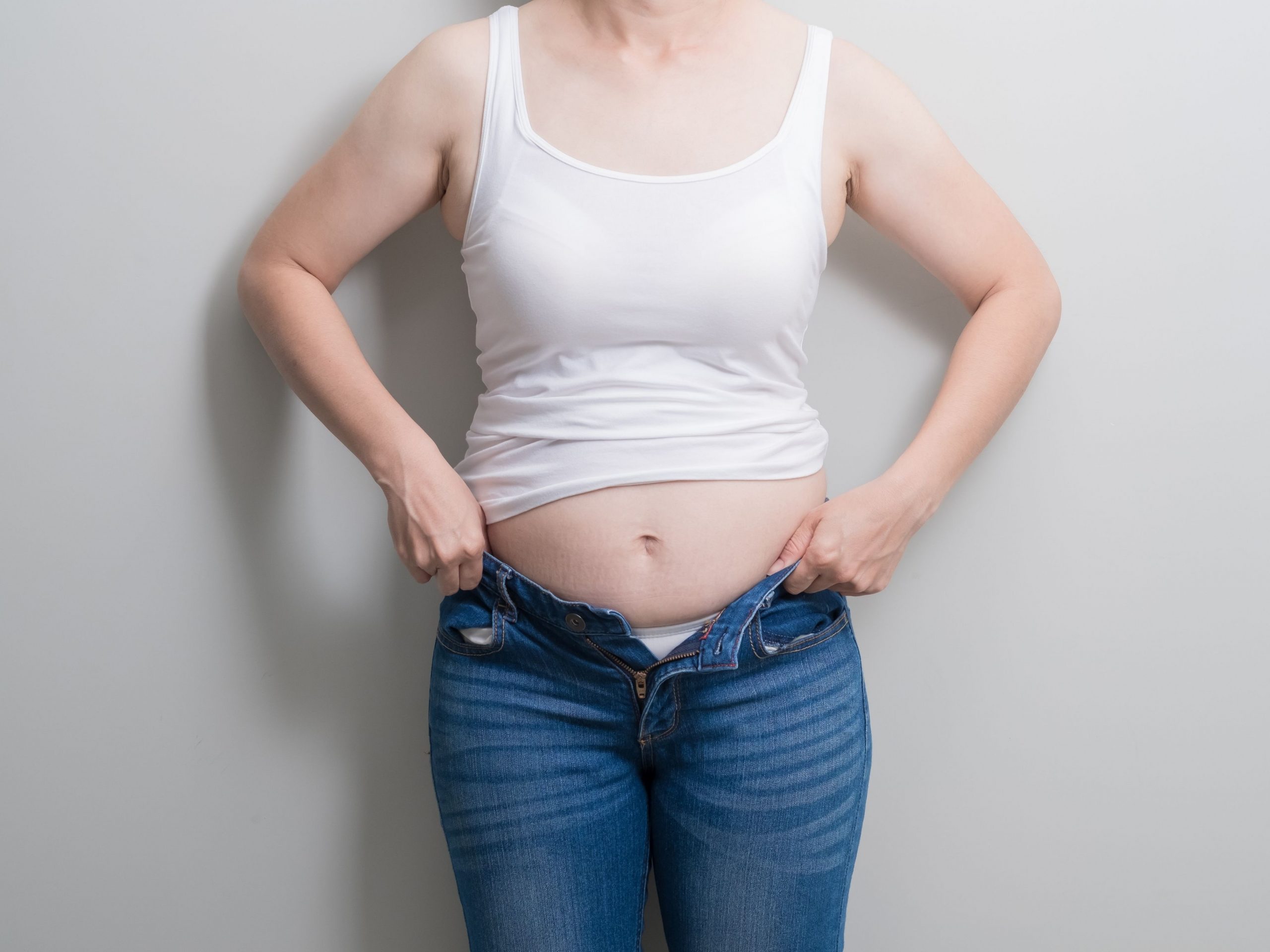Why belly fat matters
Belly fat, nobody wants it. Finally, we’ve had what feels like proper summer days. Glorious sunshine and blue skies, an opportunity to dust down the summer wardrobe. The only drawback, if there is one, is the sudden realisation that the mid-drift has broadened a little since last year.
We keep ourselves so covered up for a good part of the year, that it is only when summer comes around again, that we start to accept that the belly fat is becoming an issue.
The first reaction is usually one of sheer vanity. You just don’t like the way it makes you look. It then starts to affect mood, and after a while, you start to ponder possible health implications. Unfortunately, belly fat, in particular, is related to a number of health issues. So what can we do about it?

———————Belly fat——————-
Belly fat and health
We all have belly fat – that’s normal. And in the right proportion, fat actually has a protective property for our bodies, and also keeps us warm. We have the fat that is under the skin (called subcutaneous fat). We also have a deeper type of fat that surrounds our organs such as the lungs, heart, and liver (called visceral fat).
The visceral fat is so deep that it is sometimes referred to as the ‘hidden’ fat. But be aware, it can have the most potent effect on health, with the potential to subtract years from your life. One of the main reasons visceral fat is so deadly is because of its role in inflammation, a natural immune response that has lately been tied to almost every chronic disease. So the need to shift belly fat isn’t purely a vanity issue, it is central to improving your health and longevity too.
Dealing with Belly Fat
Simply measuring your waist will give you an indication as to whether you need to start dealing with your belly fat. The measurement should be taken around the navel. A waist measurement of 40 inches for men, or above 35 inches for women should start alarm bells ringing.
For a more precise indication of the extent of visceral fat, you could ask your GP about CT scans or MRIs. But in truth, most of us know if it is starting to become an issue.
Exercise is the first port of call. The recommendation is at least 20 minutes of vigorous exercise 4 times a week. Dance classes, gardening, and other activities count as exercise. You just have to make sure the heart rate is properly elevated. (You should be breaking a sweat).
Diet is of course important. Improving diet will help reduce overall fat, but the cornerstone for reducing visceral fat is fiber. Improving fiber intake will have the most immediate impact.
Optimal sleep has proved to play an important role. Optimal means not too little (less than 5 hours) or not too much (over 8 hours a night). The key is how much sleep you get on a regular basis, not just once in a while.
And finally reducing stress is very advantageous. Stress has a hormonal impact that can encourage the body to store fat. Meditation, exercise and taking time out for yourself can all have multiple benefits.
We hope this information is useful for you. If you have any questions about our treatments, please contact us. You can find us in Mill Hill Broadway and Islington. If you like this blog, please share!
We are always happy to help.



